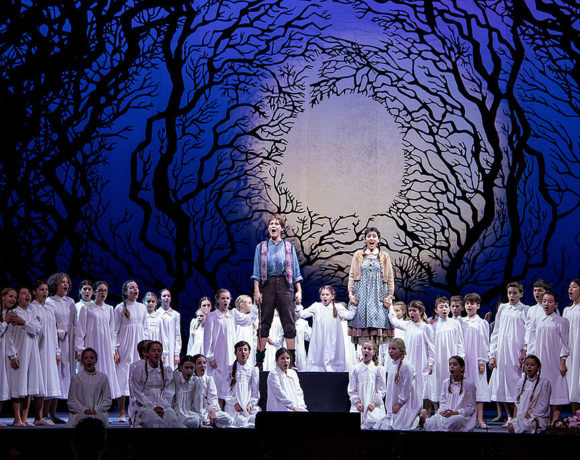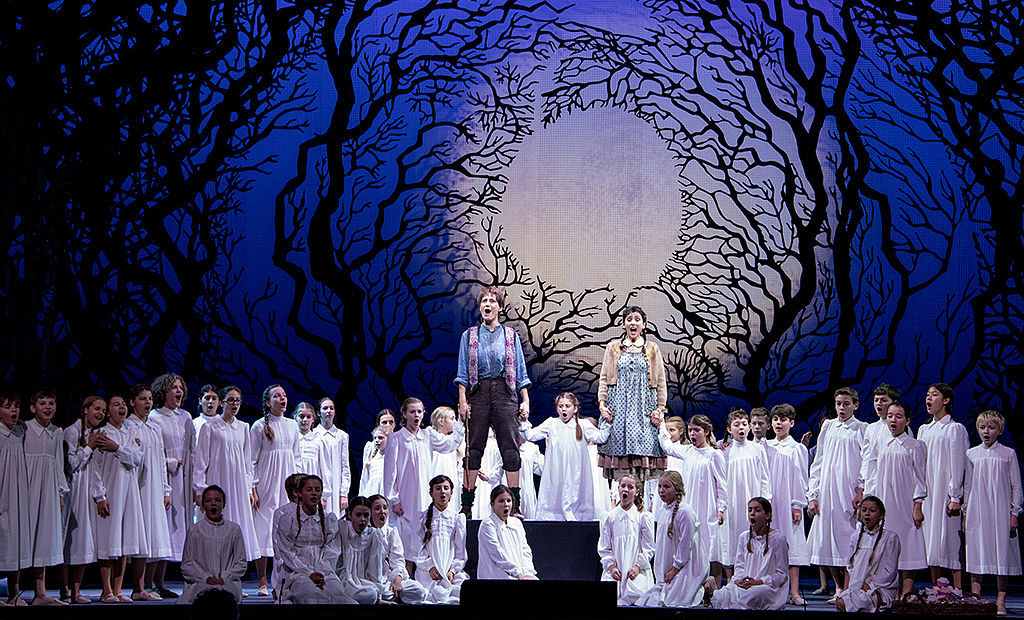
‘Tis The Season Of Firsts: December Classical Music Premieres Through The Years
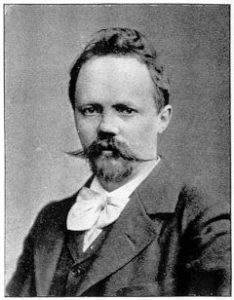
Engelbert Humperdinck (1854-1921), the German composer whose endearing classic, Hansel and Gretel, made use of a libretto by his sister.
The holiday season has always been popular for introducing new works, including many of the most popular in the canon. Some are obvious: J. S. Bach’s Christmas Oratorio (1734 and 1735); Engelbert Humperdinck’s Hansel and Gretel (1893); Nikolai Rimsky-Korsakov’s fairy tale opera Christmas Eve (1895); and Gian Carlo Menotti’s pioneering Christmas opera for television, Amahl and the Night Visitors, which premiered on NBC Television on December 24, 1951.
Bernard Herrmann, a composer you may recognize from memorable scores for Alfred Hitchcock movies, also wrote a seasonal opera for television. A Christmas Carol, based on Charles Dickens’ novella, received its first performance on CBS on December 23, 1954.
And of course, there’s The Nutcracker, that magical ballet with score by Tchaikovsky, which premiered in Saint Petersburg (to decidedly mixed reviews) on December 18, 1892.
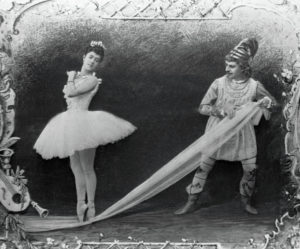
The original production of The Nutcracker, Saint Petersburg, 1892
However, the list goes well beyond those iconic works. Verdi realized a great success with the introduction of his grand opera, Aida, on Christmas Eve, 1871, in Cairo. Puccini entrusted the premiere of his Il Trittico (replete with Lauretta’s exquisite aria, “O mio babbino caro”) to the Metropolitan Opera in New York on December 14, 1918.
But in Italy, it was the day after Christmas that proved to be extremely popular for premieres. Why? For more than two centuries, Italian authorities, working in concert with the Catholic Church, banned the performance of any secular stage entertainment during Advent, the season that leads up to Christmas. So December 26 effectively became the start of the second half of Italy’s theater season. Two of the giants of the bel canto era had major operas introduced on the day after Christmas: Gaetano Donizetti’s Anna Bolena in 1830, and Vincenzo Bellini’s Norma in 1831.
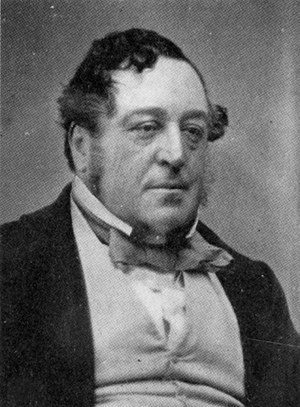
Gioacchino Rossini (1792-1868), the Italian composer who holds the unofficial record for holiday season operatic premieres.
However, that aspect of their resumes pales by comparison with their contemporary, Rossini. He had five different (lesser-known) operas introduced in three different cities over a span of six years, all on December 26.
Other major composers had new compositions introduced during the holiday season. Henry Purcell conducted the premiere of his finest stage work, Dido and Aeneas, in London on December 30, 1689. The fourteen-year-old Mozart confirmed his status as a child prodigy with the initial staging of his serious opera Mitridate, re di ponto in Milan on the day after Christmas, 1770.
Likewise, Dmitri Shostakovich, whose Katerina Ismailhova (the revised version of his earlier Lady Macbeth) first came to the stage on December 26, 1962. The witty, satirical Lieutenant Kije film suite by his countryman, Sergei Prokofiev, received its first public hearing on December 21, 1934.
Other Yuletide Premieres:
Claude Debussy’s seminal essay in Impressionism, Prelude to the Afternoon of a Faun (1894); John Philip Sousa’s patriotic march, The Stars and Stripes Forever (1896); On the Town, the Leonard Bernstein-scored musical that put him on the map as a composer (1944); and Johannes Brahms’ magnificent Violin Concerto, given its premiere by the legendary Joseph Joachim on New Year’s Day, 1879.
One of the more popular Spanish zarzuelas, El pavo de Navidad (The Christmas Turkey), received its first staging in Madrid on Christmas Eve, 1866. John Adams, the Pulitzer Prize-winning American composer so closely associated with minimalism, took the wraps off his seasonal opera, El Nino, in Paris on December 15, 2000.
Finally, a radio note. The very first live broadcast of a complete opera performance in the United States emanated from the Met on Christmas Day, 1931 (Hansel and Gretel).
Here’s hoping your holiday season is blessed with the gift of music.
The Shepherd’s Chorus and Dance from Menotti’s Amahl and the Night Visitors (NBC, 1978):
Related Stories:
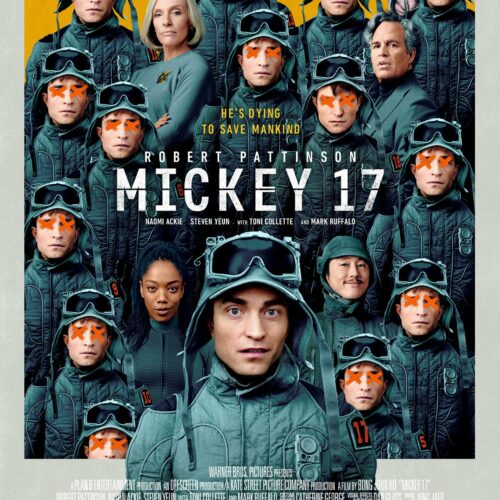
Reeder’s Movie Reviews: Mickey 17
Movie poster of Mickey 17 courtesy of Warner Bros. Pictures. Read “You don’t look like you’re printed out. You’re just a person.” In writer-director Bong Joon Ho’s new science fiction

Reeder’s Movie Reviews: Love Hurts
Ah, yes, “the things we do for love.” With all due respect to the British band 10cc, which had a hit with that song back in 1976, the new film from first-time director Jonathan Eusebio demonstrates that not all things leave the best impression.
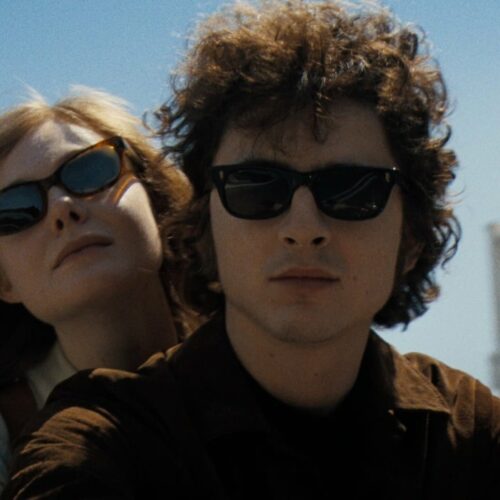
Reeder’s Movie Reviews: A Complete Unknown
In director James Mangold’s new film, Timothée Chalamet portrays the young Bob Dylan (the professional name he adopted at age 21) from 1961-1965. He gives a remarkably nuanced, accomplished performance in a movie that occasionally gets bogged down in truncated or unnecessary scenes, but not too often. The supporting cast shines as well.

